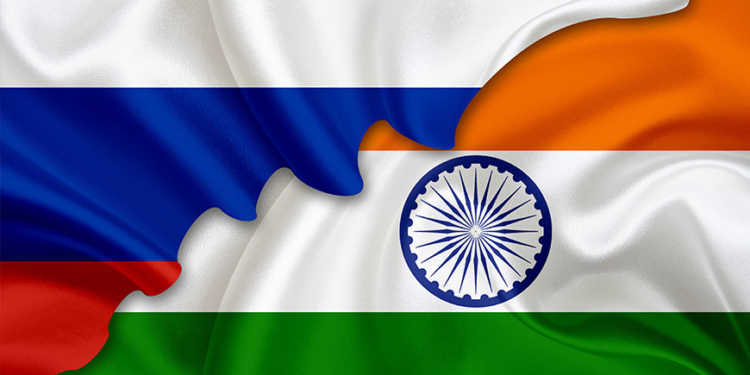Admiral Philip S Davidson, the nominee for the US Pacific Command Commander (PACOM), warned members of the Senate Armed Services Committee yesterday during his confirmation that any sanctions against nations like India and Indonesia for purchasing defence equipment from Russia would lead to the United States losing important partners in the Indo-Pacific region.
Citing historical ties between India and the Soviet Union, he went on to say that India has been heavily reliant on USSR and subsequently Russia to keep its defence equipment and technology up to date. Davidson said that sanctions would only make nations like India more heavily dependent on Russia, and will will make the United States lose what he claimed as a valuable partner against Islamic extremism.
The USSR and India enjoyed a special relationship, though common ideology(socialism) played its part. During the 1971 war, the United States was pro-actively backing Pakistan and even sent a fleet into the Bay of Bengal, threatening India to cease hostilities in what was then East Pakistan. But to the United States’ surprise, the Soviet Union sent subamarines to ward off any advance of the American fleet in the Bay of Bengal, in accordance with a security treaty signed between Indian state and USSR a year earlier.
Today, with the Soviet Union long gone, Russia continues to have a special relationship with India, as both the nations like to refer to it. Russia still supplies aircraft, naval as well as ground equipment to the Indian forces. The Indo-Russian joint Brahmos project has resulted in the world’s best supersonic missiles, and despite having geopolitical disagreements with regard to China and Pakistan, the two nations are as still as close as ever. No doubt the joint drills between Pakistan and Russia hurt bilateral ties between the two nations, but one can only guess that this was a direct response to Modi cosying up to the United States in the early half of his term as Prime Minister.
It is clear that the relationship between the two nations has now transcended ideological and geopolitical barriers, and nostalgia plays a huge role in maintaining the relationship. The United States would make a massive blunder by placing sanctions on India for arms procurement from the Russians, as it has been only post 2014 that India has had a clearer foreign policy, which is definitely Pro-West, as Modi seeks large investments and cooperation with the capital rich North America and Europe. At a time where the drums of war are beating louder than ever before in the recent past, the United States cannot risk further antagonising its allies and potential allies, with Trump having already angered its European and NATO allies.
The United States needs India to counter China in Asia as China exerts its influence across its neighbourhood and beyond, while Pakistan enjoys flexing its muscles under China’s guardianship and protection, whilst simultaneously breeding terrorism in its own territory to be used against Afghanistan and Kashmir. India is more than eager to find partners to fight Islamic terrorism, and United States and its closest ally Israel would find a largely cooperative partner in India vis-a-vis terrorism is concerned.
All in all, India doesn’t want to be dragged into the United States’ tug-off wars with its international adversaries, and would like to maintain its own alliances.




























